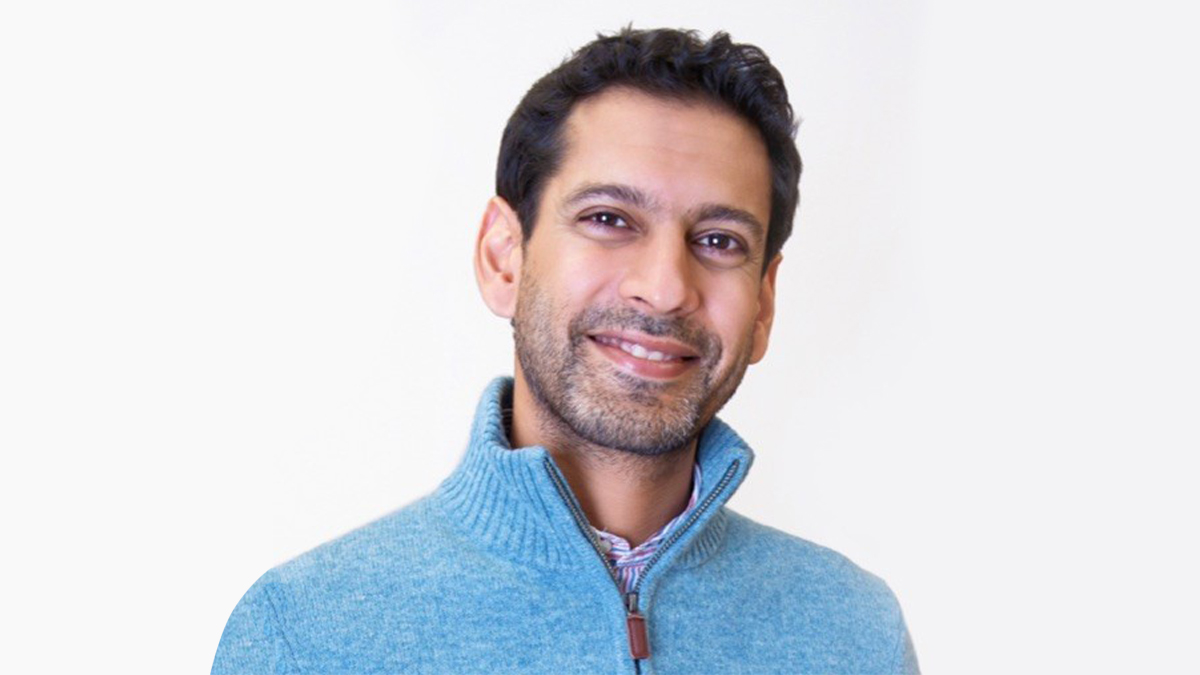Simul Parikh, Medical Director, shared a post on LinkedIn:
“Invisible Savings”
With prior authorization, the goal is cost containment. However, there is an issue that I see as both a provider and someone in utilization management. There is a silo-ing of what costs are contained. The best way to show this is a case example.
If we have a 47 yo female with a history of metastatic renal cancer, treated with immunotherapy. Most of her disease has resolved, save for a bone metastasis in the hip. It is asymptomatic, but larger than when treatment began. There is no other evidence of disease on imaging. The patient has had significant toxicity from immunotherapy. A request is put in for SBRT to the lesion and the note states the intent is to clear residual disease and to give patient an immunotherapy holiday.
If the prior auth company denies the SBRT, it comes out as a cost savings to the payor. The patient will then remain on immunotherapy. Because the immunotherapy is indicated based on her disease, this appears “cost neutral”.
If the prior auth company approves the SBRT, there is now a cost to the payor. The patient stops immunotherapy for 16 months. However, this cost savings is not accounted for in any way by the UM company or the payor. It is “invisible savings”.
There are multiple similar situations. Most payors and health systems are unable in any way to calculate the cost of the various decisions we make. In this scenario, denial looks like it saved $15k, but actually costed $100s of thousands of dollars. Approval would have looked like $15k in savings, but actually was very expensive to the system.
I don’t have an answer to this, but it is on my mind. This is a deep flaw in the system. How do we look at costs holistically rather than separately? Unless we look at the whole system, we are just rearranging deck chairs.”
Source: Simul Parikh/LinkedIn


